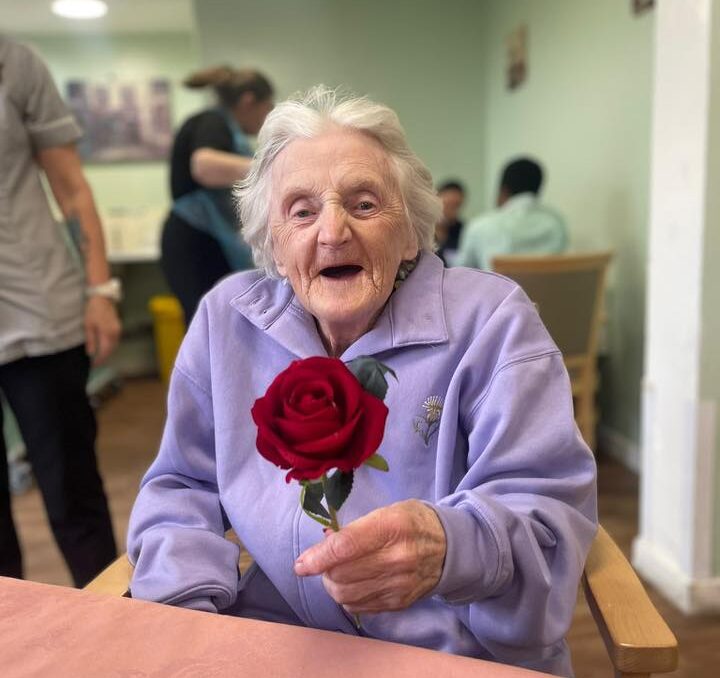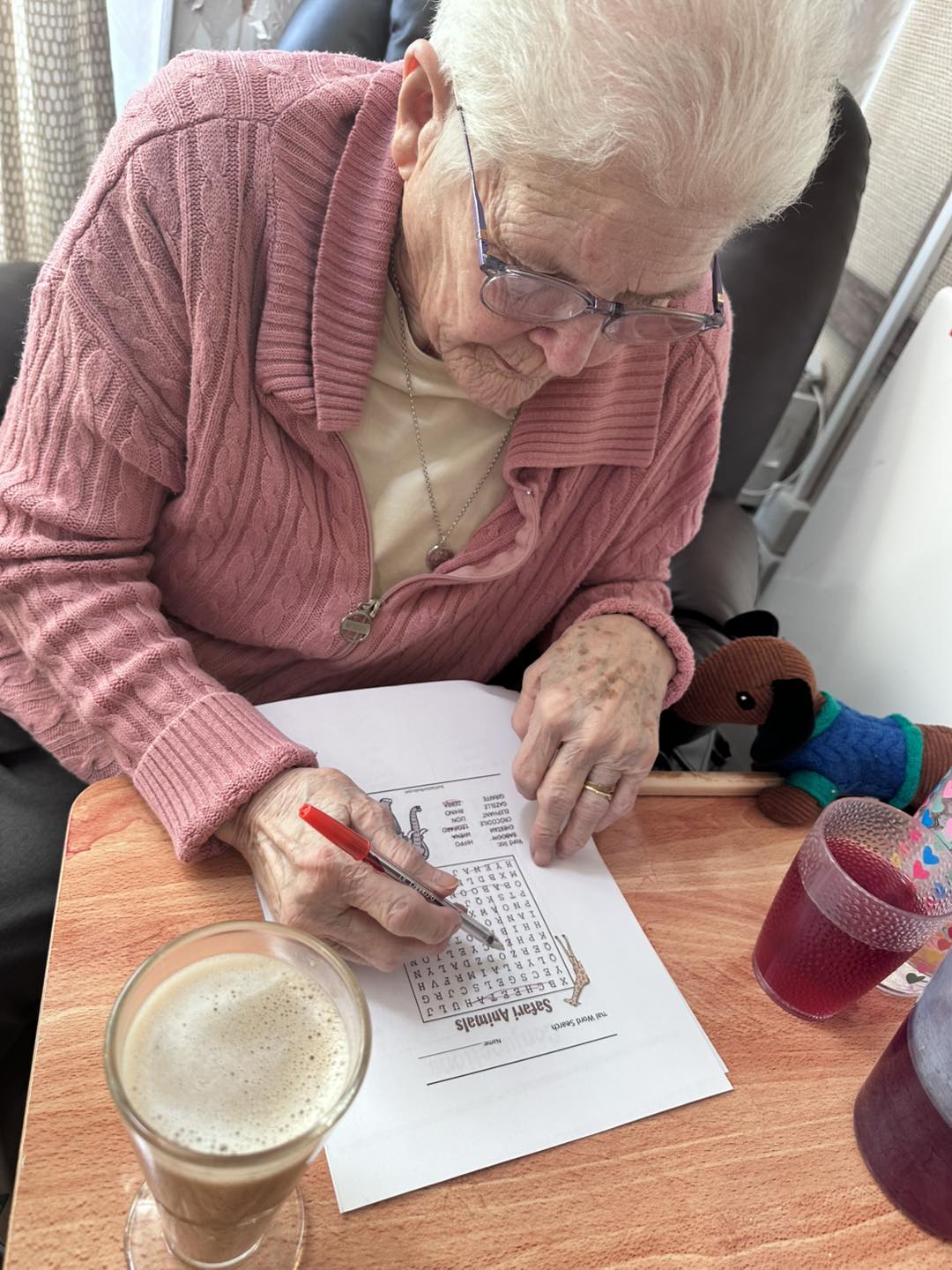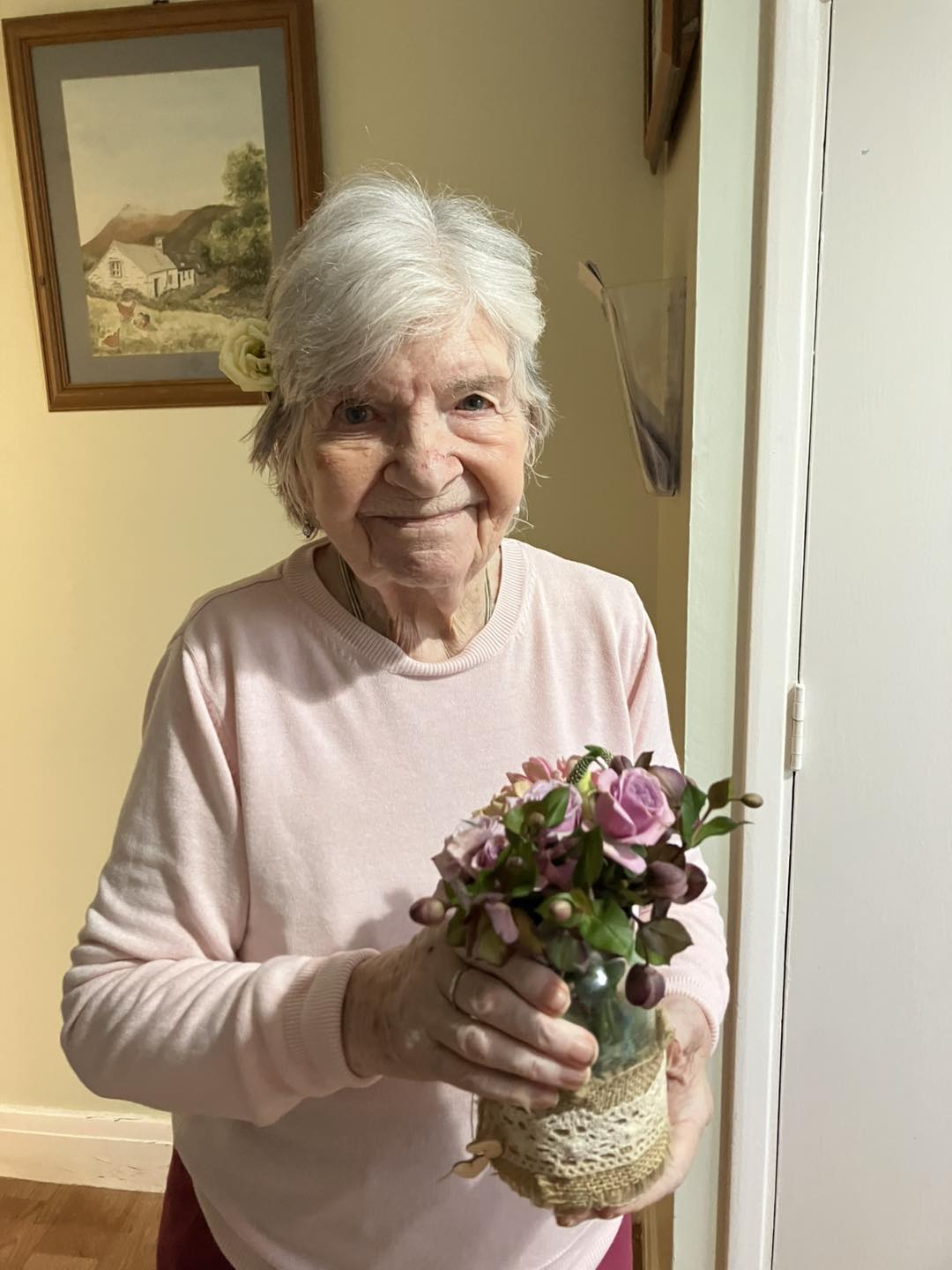In the journey of life, palliative care is the bridge offering comfort when the road becomes rugged with illness. You might wonder when it’s time to consider walking this path. Typically, it’s recommended for those facing chronic illnesses, life-limiting conditions, or severe symptoms that standard treatment can’t alleviate.
But knowing the exact moment to transition can be challenging. As you navigate these waters, understanding the nuances of when palliative care becomes a beacon of hope could profoundly impact the quality of life.
Let’s explore the signs that indicate it’s time to consider this compassionate approach.
Key Takeaways
– Palliative care is recommended for enhancing the quality of life in serious illnesses.
– It is advisable for managing chronic conditions with a focus on comfort and dignity.
– Ideal for providing multidisciplinary support for life-limiting conditions early on.
– Recommended when severe symptom management and emotional support are needed.
Understanding Palliative Care
At its core, palliative care is about enhancing the quality of life for those facing serious illness, focusing on relief from symptoms, pain, and stress. It’s a compassionate approach that centres around you, ensuring your comfort and dignity throughout your journey. By adhering to care principles that prioritise your well-being, palliative care teams work tirelessly to manage your physical and emotional challenges.
Central to this care model is patient counselling, a vital component that offers you and your loved ones support and guidance. Through counselling, you’re equipped with the tools to navigate the complexities of your condition, making informed decisions about your care. This dialogue fosters an environment where your fears and concerns can be openly discussed, ensuring your voice is heard and respected.
Understanding palliative care means recognizing its role not just in medical treatment but in providing emotional and spiritual support. It’s about creating a space where you feel seen, heard, and cared for, every step of the way. By embracing its principles and engaging in patient counselling, you’re empowered to face your illness with strength and hope.
Chronic Illness Management
Building on the foundation of understanding palliative care, let’s explore how it plays a crucial role in managing chronic illnesses effectively. When you’re living with a chronic illness, the journey can seem daunting. Palliative care steps in as a beacon of hope, prioritising your comfort and quality of life. It’s not just about managing symptoms; it’s about ensuring you feel heard and supported every step of the way.
Patient advocacy is a cornerstone of palliative care. Your care team is dedicated to understanding your needs, preferences, and goals. They’re your voice in the complex world of healthcare, ensuring your wishes are respected and acted upon. This partnership empowers you to make informed decisions about your care, aligning treatments with what matters most to you.
Holistic approaches are integral to managing chronic illnesses. Palliative care looks beyond the physical symptoms, addressing emotional, social, and spiritual needs. It’s a comprehensive strategy that treats you as a whole person, not just a patient. Whether it’s pain management, counselling, or coordinating care among specialists, the aim is to enhance your well-being, helping you to live as fully as possible.
Through patient advocacy and holistic approaches, palliative care provides a supportive framework for managing chronic illnesses, making a profound difference in the lives of those it touches.
Life-Limiting Conditions
When facing life-limiting conditions, you’re not just confronting your mortality; you’re also seeking ways to preserve your quality of life amidst challenging circumstances. It’s a journey that requires not just medical intervention, but also compassionate support and understanding. Palliative care emerges as a beacon of hope, offering a multidisciplinary approach to alleviate suffering and improve the living conditions of those enduring serious health challenges.
Elderly support and patient advocacy are pivotal in navigating this complex landscape. They ensure that care isn’t only about managing symptoms but also about honouring the individual’s preferences and dignity. Palliative care teams work tirelessly to advocate for patients, ensuring that their voices are heard and their choices respected.
In the context of life-limiting conditions, consider the following:
- Early integration of palliative care can significantly enhance life quality.
- Tailored care plans address both physical and emotional needs.
- Elderly support services provide additional layers of comfort and companionship.
- Patient advocacy ensures that care decisions align with the individual’s wishes.
Severe Symptom Relief
Understanding the significance of compassionate support and patient advocacy in life-limiting conditions leads us to focus on the critical aspect of severe symptom relief. When you’re facing a complex health journey, managing severe symptoms becomes a pivotal part of maintaining your quality of life. Palliative care teams excel in this area, offering tailored strategies that address both physical discomfort and the emotional challenges that accompany serious illnesses.
Pain management is a cornerstone of severe symptom relief. Your palliative care team will work closely with you to understand the nuances of your pain, employing a variety of techniques to reduce your discomfort. This might include medication, but also incorporates other therapies designed to soothe your body and mind.
Equally important is the emotional support provided by palliative care professionals. They recognize that your well-being isn’t just about managing physical symptoms, but also about nurturing your emotional resilience. Through conversations, counselling, and sometimes just being present, they’ll offer a shoulder to lean on, ensuring you don’t face your challenges alone.
In essence, severe symptom relief in palliative care is about wrapping you in a cocoon of comprehensive care, where your pain is managed and your emotional well-being is prioritised, helping you navigate through your journey with dignity and support.
Transitioning Care Needs
As your health journey evolves, so too will your care needs, requiring a seamless transition to ensure continuous support and comfort. It’s a process that involves clear communication, understanding, and planning, especially as you move towards palliative care. This transition isn’t just a shift in the medical approach but also involves you and your family adapting to new ways of managing care.
Family involvement is crucial during this time. Your loved ones play a significant role in supporting you, both emotionally and in decision-making processes. It’s important for them to be informed and involved every step of the way.
Planning ahead is key, and this is where advanced directives come into play. These are essential tools that communicate your wishes regarding treatment and care. Including:
- A living will that specifies your desires for medical treatment.
- A healthcare power of attorney that appoints someone to make decisions if you’re unable.
- Orders for life-sustaining treatment that outline which interventions you want.
- A do-not-resuscitate order if that aligns with your wishes.
Transitioning care needs can be a challenging phase, but with the right preparation and family involvement, it can be managed with dignity and respect.
Frequently Asked Questions
How Does Palliative Care Address the Emotional and Psychological Needs of Patients and Their Families?
Palliative care boosts your emotional resilience through psychological interventions. It provides support, understanding, and counselling to help you and your family navigate the challenges, ensuring everyone’s mental and emotional needs are compassionately addressed.
Can Palliative Care Be Integrated With Curative Treatments, or Must Patients Choose One Over the Other?
You don’t have to choose between palliative care and curative treatments; treatment integration allows for both. Your choice matters, ensuring you receive comprehensive care that respects your wishes and supports your health journey.
Are There Specific Cultural or Religious Considerations That Palliative Care Professionals Take Into Account When Providing Care?
Yes, palliative care professionals consider cultural and religious factors deeply. They undergo cultural training and practise religious sensitivity to ensure your care respects your beliefs and traditions, making the experience as comforting as possible.
How Does the Cost of Palliative Care Compare to Traditional Medical Treatments, and What Financial Support Options Are Available?
Palliative care, a beacon of hope, often costs less than traditional treatments. Insurance coverage varies, but options exist to lessen caregiver burden. Understanding financial support available is key to navigating this life-changing journey.
What Role Do Advance Care Planning and Patient Directives Play in the Palliative Care Process?
You’ll find that advance directives revision and addressing planning misconceptions are crucial in palliative care. They ensure your wishes are respected, clarifying your preferences for care and treatment in advance, making the process smoother.
Conclusion
You might worry that starting palliative care means giving up hope, but it’s quite the opposite. It’s about embracing life more fully by managing symptoms and stress.
Palliative care is recommended for chronic illnesses, life-limiting conditions, or severe symptom relief. It adapts as your needs change, ensuring you and your family receive support at every stage.
Let’s view it as a step towards improved quality of life, allowing you to focus on what matters most.




